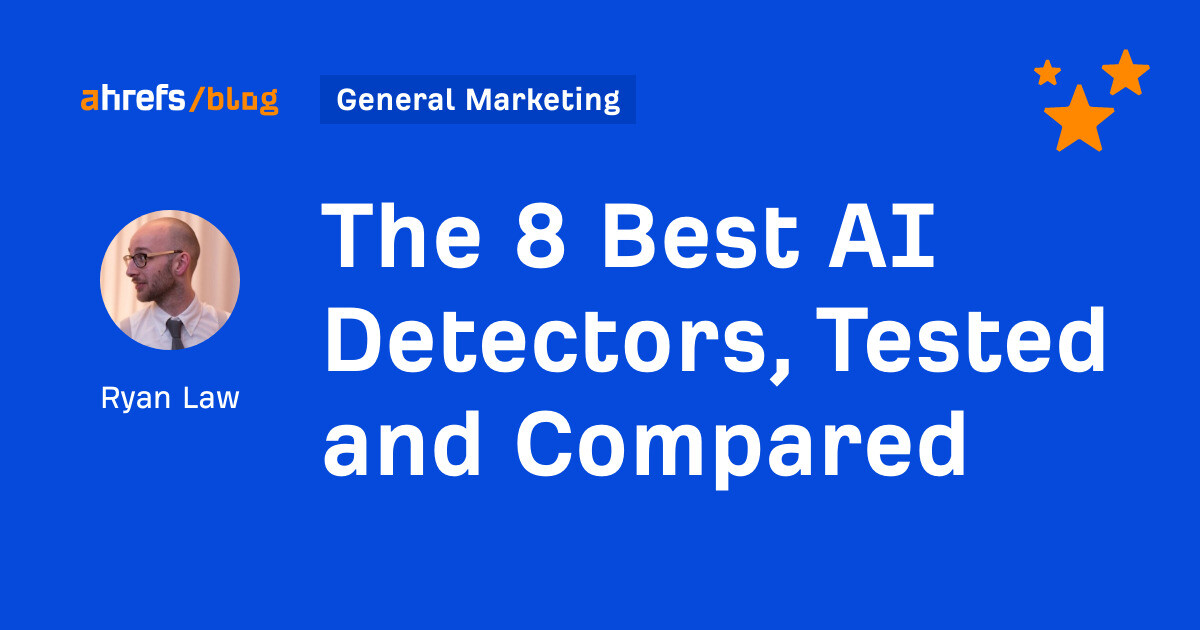4 Ways to Increase Your Attention Span in Our Fractured Era
I can’t believe I’m going to use the past tense in this sentence: I used to be a constant reader. I would dive into a book, sometimes reading two at a time, but usually just one after the other,...


I can’t believe I’m going to use the past tense in this sentence: I used to be a constant reader. I would dive into a book, sometimes reading two at a time, but usually just one after the other, one or two books a week. I visited the library every ten days or so, and a bookstore at least once a month.
And then two things happened:
• I got a smart phone. That was bad enough, because scrolling and clicking got me used to getting information in tiny, unrelated pieces.
• COVID closed libraries and bookstores. Once things started to open up again, our county decided to remodel the library, so it remained closed.
Today, I often find myself too impatient to read leisurely. I’ll get started, but I don’t seem to sink as deeply into the story before I’m distracted by my thoughts or something else. In 2023, I read nine books and started or skimmed seven others. It’s disconcerting to feel that I’m losing my lifelong habit.
Challenge The Goldfish.
Here’s some frightening information: According to a Microsoft study, we now have attention spans shorter than those of goldfish. That’s right – in a contest between the average human and the average goldfish, the goldfish can stay focused longer.
The theory is that this is simply our brains adapting to “the mobile age” – this era of cell phones and the millions of streams of information at our fingertips.
My first thought when reading about this was that musicians have an edge. A few months ago, I had the privilege of performing the Mozart Requiem twice in one weekend, and I can tell you for sure that every person on that stage was able to focus for longer than a few seconds at a time. Playing a simple two-minute ditty requires an attention span more than 13 times longer than what a goldfish can muster, let alone singing this gorgeous hour-long masterwork.
So one way to repair our increasingly fractured brains is to hear, study, and perform music. Listen to a symphony or a concerto (with purpose, not just as background noise). Grab your old guitar, sit down at the piano, or join a choir!
Tune In.
A second way to combat our loss of focus is the intentional practice of paying attention. It’s too easy for us to speed through our days without noticing anything around us.
• We don’t notice the weather except to turn up the heat or air conditioner.
• We don’t notice sounds except loud, intrusive ones.
• We don’t notice scents unless they’re putrid or we’re hungry, and then we eat too fast and too much to really taste our food.
And what do we feel? Certainly not the warm sun on our faces, the soft fragility of a rose petal, the grittiness of sand, or the varied textures of tree bark. Even if we must spend all day inside, do we feel the difference between desktop, pen, paper, keyboard, and phone? Probably not.
If you want to stop feeling so rushed and pressured, slow down time by paying attention to what you’re doing while you’re doing it. Improve your connections to others by paying attention to the people you encounter. Do better work by focusing on important tasks. Don’t wait for a big bucket list experience to engage with your life – experience the details of every day, and you’ll feel more alive.
Choose To Single-Task.
Perhaps we think that our newly-developed ability to jump from one thought, video, or news bite to another makes us smarter and more efficient. We’d be wrong.
Researchers at Stanford University found that multi-tasking is less productive than doing one thing at a time. Multi-tasking takes more energy, so even simple tasks take longer than they should. When we’re constantly bombarded by multiple streams of information, we start experiencing cognitive gaps, which keep us from:
• organizing our thoughts
• filtering out irrelevant ideas
• recalling important information
Your own experience of multi-tasking may have shown that it makes you more frustrated and forgetful, anxious, irritable, and impatient. Learning to single-task is a kindness to yourself and everyone you work or live with.
So stick with one task to completion if you can. If your attention wanders, practice refocusing on your work. If you decide to switch to a new task, take a moment to write yourself a note about where you were with the first one. Then give the new job your full attention for as long as you can.
You could set a timer, say for 25 minutes, and then allow yourself a 5 minute rest. As you focus on one task (with cell phone off and extraneous browser tabs closed), you know that a break is coming when you can relax, stretch, and check your phone.
This practice of short work periods with continual return and refocus lets you stretch your attention span, be more productive, and access greater creativity.
The Value Of Reading
Reading a book has so many positive benefits that it’s not something we should give up in this era of tweets and sound bites.
1. It reduces stress.
Research from the MindLab at the University of Sussex shows that reading fiction is the most effective way to overcome stress, even better than taking a walk or listening to music. It eases muscle tension and slows your heartbeat, probably because you’re focusing on something other than your busy to-do list.
2. It sharpens your mind.
Neuroscientists at Northwestern University have shown that reading stimulates areas of the brain that improve our processing of abstract content. That’s because we’re imagining the characters, settings, and action of a book – translating words on a page into our own vision of the story. This may be one of the reasons that regular readers experience less age-related cognitive decline than non-readers.
3. It improves sleep.
Reading a book before bed lets you disengage from the tasks of the day. And by focusing on and imagining the story, we stop planning, projecting, and worrying about the future. Releasing those concerns leads to longer, deeper sleep.
4. It increases empathy.
A study published by the Annual Review of Psychology shows that when we read about an experience, the same neurological regions are stimulated as when we go through that experience ourselves. We become able to feel and think about situations different from our own, which broadens our perspective on the world.
5. It provides a sense of belonging.
According to Melanie Green, Ph.D., an associate professor in the Department of Communication at SUNY Buffalo, “Stories allow us to feel connected with others and part of something bigger than ourselves.” Reading lets us feel more human connection because it can mimic what we feel during real social interactions. And books can provide a wonderful communal experience whether we join a book club, talk about a favorite book with a friend, or enjoy a family read-aloud practice.
A great way to slow down and repair your fractured attention span is to enjoy a good book, so I plan to reinstate my old habit starting today. I’m ready to dive in! Won’t you join me?
***
About the Author: Karen Trefzger is a writer, singer, teacher, wife, mother, and grandmother who has been choosing a simpler life for over 20 years. She is the author of several books about minimalism, and blogs at Maximum Gratitude Minimal Stuff.

 Lynk
Lynk 
































